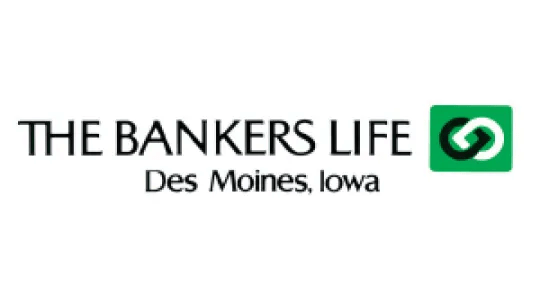History of Principal Financial Group®
Nearly 150 years ago, a banker in Des Moines, Iowa, had an idea to help other bankers and their employees purchase affordable life insurance. These are some of the milestones in how Principal Financial Group became the Fortune 500 company it is today.
1879-1900
1901-1925
1926-1950
1951-1975
1976-2000
2001-present
The evolution of the Principal trademark
2016-present
1998
1985
1968
1946
1940
1938
1934
1922
1913
1882










